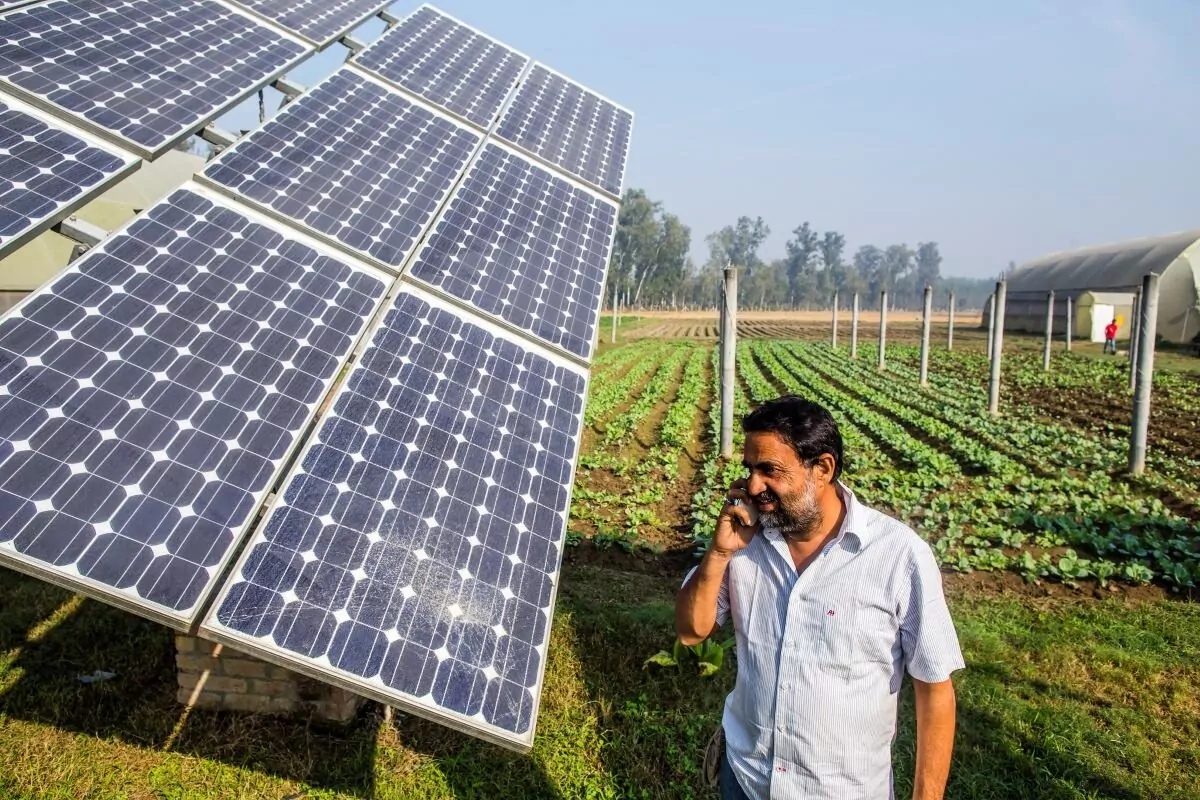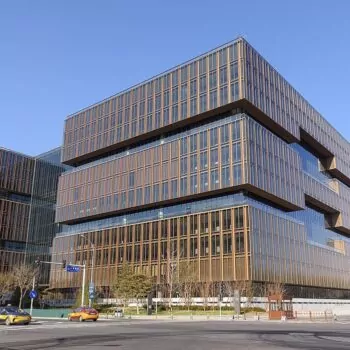Small-scale clean energy solutions have strong potential to deliver people-centred benefits rapidly. These solutions are non-fossil fuels based, decentralised, and below transmission levels – such as distributed renewables, energy efficiency and storage. They make energy more affordable and secure socio-economic development benefits faster than large-scale infrastructure. Such benefits include increased energy access, employment and improved resilience to energy price volatility.
Despite this, global investment in small-scale energy solutions is nowhere near what is necessary. This is especially true in emerging and developing economies (EMDE) where perceptions of risk in the small-scale energy sector often prevent investment.
Multilateral development banks (MDBs) can be influential in establishing norms and opening new markets. This role could help to bridge the gap, yet only less than one-tenth of MDB energy finance is currently directed to small-scale energy. MDBs should make structural adjustments to shift finance toward small-scale solutions. At the same time, the shareholder governments must be aware of the potential of small-scale solutions and seek opportunities to implement these recommendations in MDBs. This briefing paper sets out seven recommendations for MDBs and shareholder governments to quickly increase this finance and create substantial and widespread development and resilience benefits.
- Set out a common pact for unlocking the massive development benefits from small-scale energy solutions. This should prioritise emerging and developing economies (EMDE) that urgently need access to finance and de-risking mechanisms in the current crisis context.
- Shareholder governments must play a more effective and vigorous role in realising small-scale energy solutions benefits. Governments should integrate them into national energy transition and development plans.
- Fill data gaps by establishing a common database to increase transparency and accountability. Such a database should ease the tracking of project efficiency and impact, and ensures that further grants demonstrate clear additionality. Harmonisation should occur across the MDBs, and other development finance institutions (DFIs), in project development.
- Set clean energy financing targets that align investments with net zero scenarios. Across public and private finance, $4.5 trillion annual spending by 2030 is needed to finance the global energy transition – triple the current global investment.
- Target a percentage of energy-related funding to small-scale energy solutions, through forthcoming policy reviews. MDBs should also support the development of specific financing facilities for this sector, and provide technical assistance. With four major MDBs conducting their energy policy review this year, the time is now to establish the required architecture.
- Adjust incentive structures in the MDB project development process to allow small-scale energy projects to gain priority over larger fossil fuel projects. This includes fair assessment of small-scale energy’s higher impact, and reviewing organisational incentives that penalise spending on small-scale projects.
- Further strengthen partnerships with financial intermediaries, including enhancing transparency and standardisation. Channelling funds via intermediaries helps address the costly preparation and administration of small-scale projects at the MDB-level. MDBs should support intermediaries in scaling up investment in small-scale energy and enhancing the availability of investment data. They should also support the adoption of relevant standards, and integrate them into the procurement processes.


